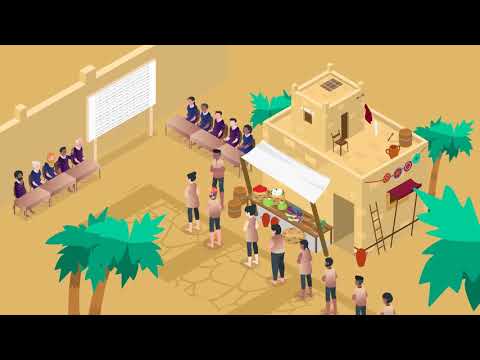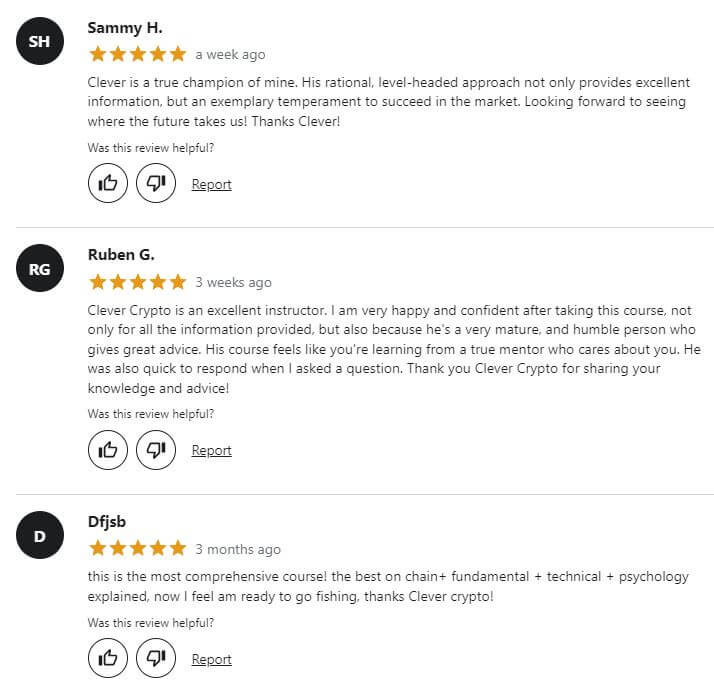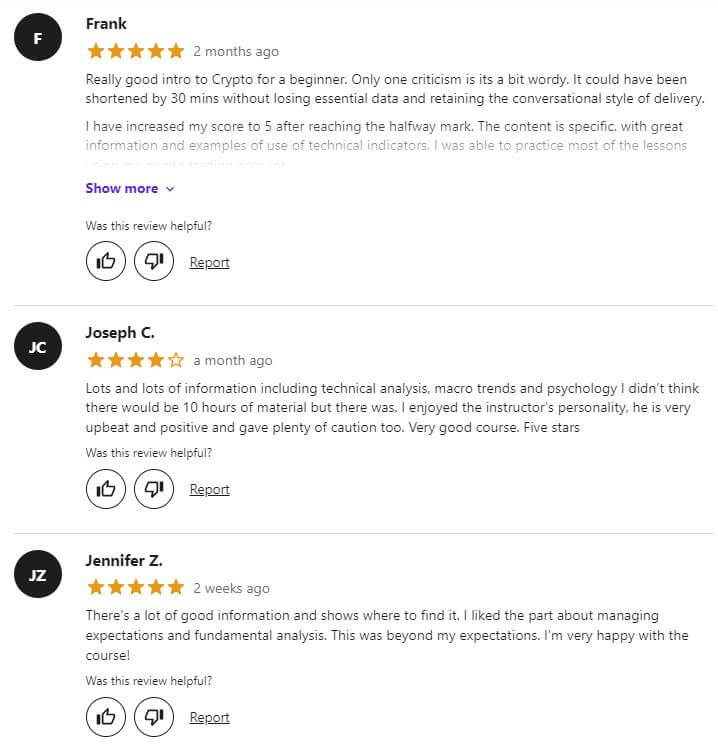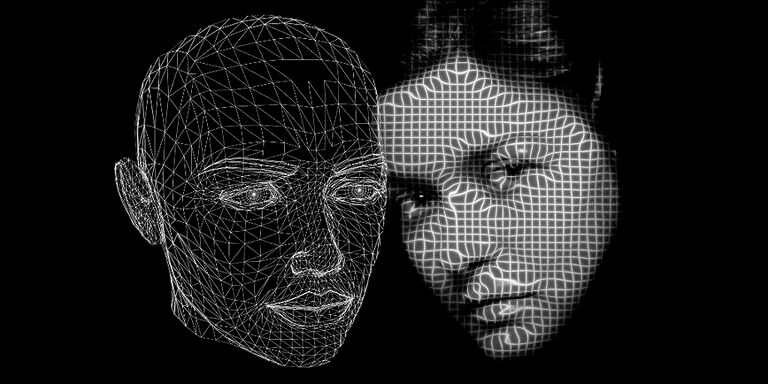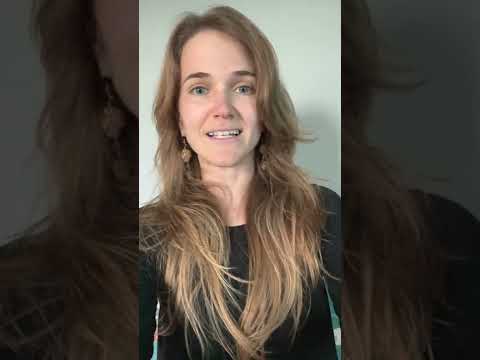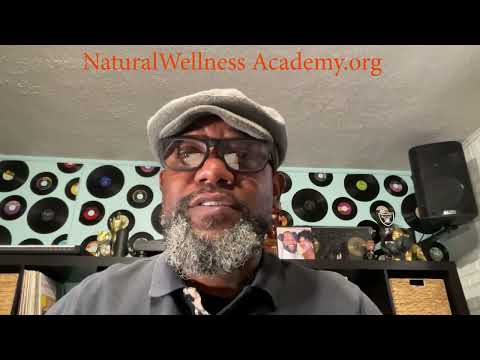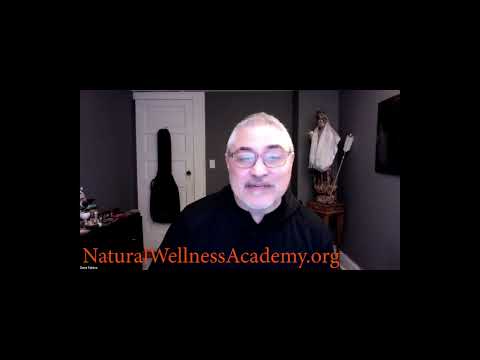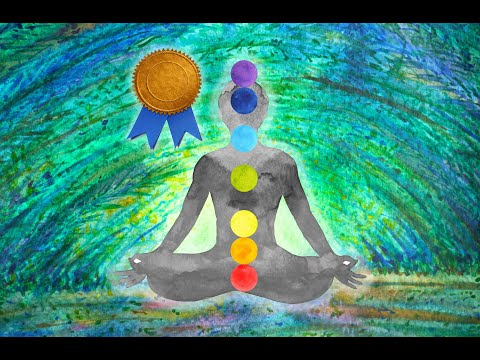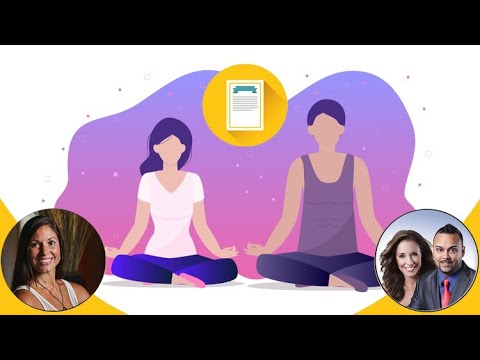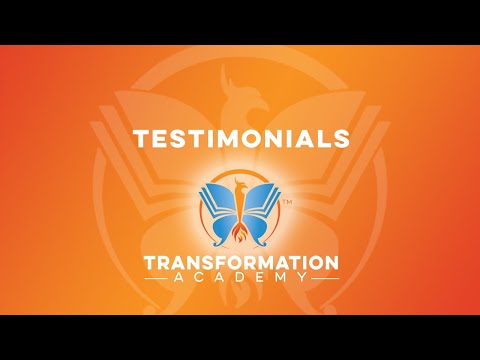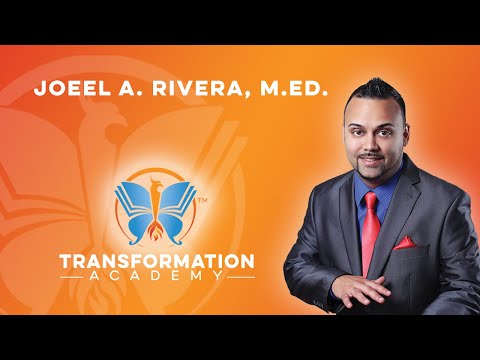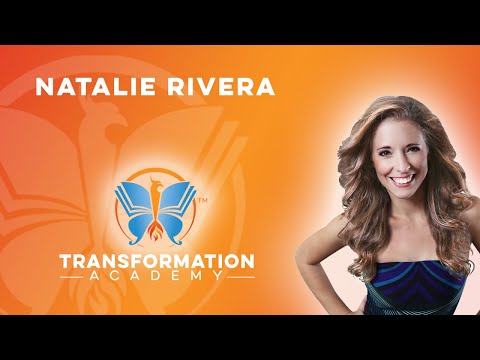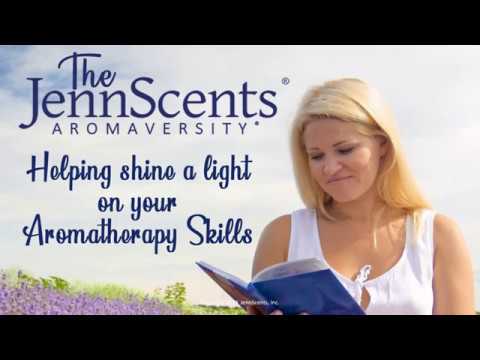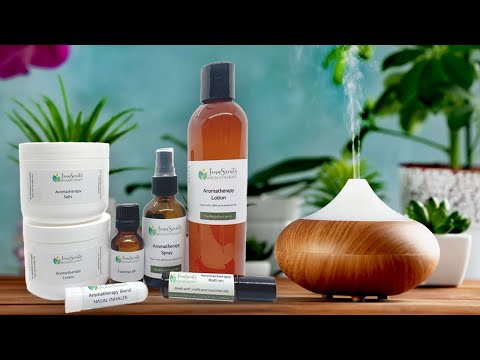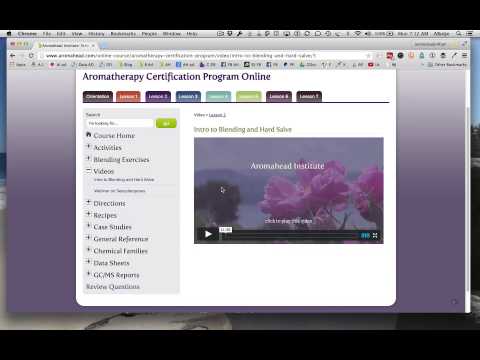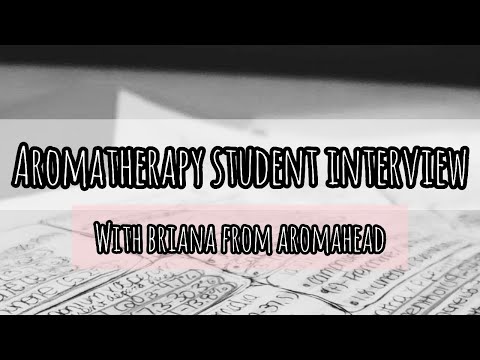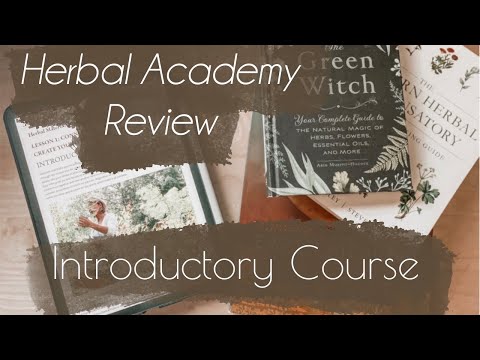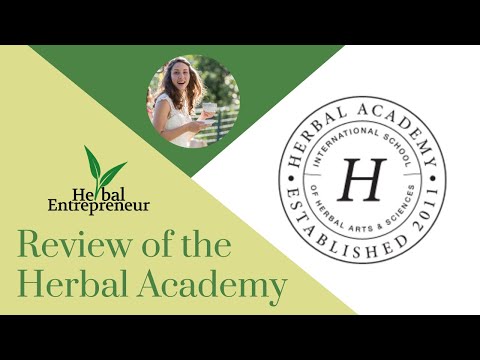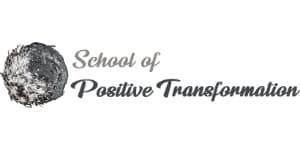It’s so easy
Are you ready for it?
Here’s how to become an aromatherapist…
Call yourself one!
There are no restrictions or regulations in place for the Aromatherapy profession. Anyone can become an aromatherapist by calling themselves such.
This means that anyone who chooses to become an aromatherapist can do so without the need to be certified. However, most practicing aromatherapists are certified. This is highly recommended when working with clients and other practitioners to ensure their safety.
The aromatherapy profession isn’t alone as this is also the case for other professions such as Herbalists, Nutritionists, Personal Trainers, Life Coaches, Health Coaches—and any other type of coach for that matter.
A Better Question Might Be—How Do I Become an Aromatherapist That Can Transform Lives?
Since anyone, aged 2 yrs+ can call themselves an aromatherapist, how to become one probably isn’t the best question to be asking.
Sure, anyone can become an aromatherapist—but not everyone can use the intricacies and science behind aromatherapy in a safe and highly effective manner with other people.
This takes personal dedication to the craft of aromatherapy.
There are many different types of aromatherapists. However, they all work to make people feel better through their work. They can help people with things like stress, anxiety, depression, and more. For example, they may work on an emotional level, or they may work on a physical level by healing the body through the use of essential oils. They may also do both.
This my friend, cannot be done through a course from Udemy. You need a well-structured course that covers all the fine details as there is an abundance to learn. We’re talking 100’s of hours of studying and application to truly understand how to help others through herbalism.
One-on-one support and case studies with feedback are essential to learning aromatherapy.
I have recommended a valuable resource toward the end of this post as a place for you to start.
On to the informal regulations of Aromatherapy.
National Association for Holistic Aromatherapy (NAHA)
There is a regulating body called the NAHA (National Association for Holistic Aromatherapy) attempting to regulate the aromatherapy industry. However, their accreditation is not recognized by any country as a legitimate licensing body.
Because of this, the aromatherapy industry remains unregulated. It’s not mandatory anywhere in the world to be an accredited or certified aromatherapist.
NAHA Standards
Level 1: NAHA Certified Level 1 Aromatherapist®
(Minimum 50 Hours* Curriculum)
- Introduction to the history of Aromatherapy
- Profiles of minimum 20 essential oils
- Minimum of 5 case studies
- Quality of essential oils
- Production and methods of extraction (distillation, cold pressing/expression, enfleurage, absolute, CO2 extraction)
- Basic physiological effects of essential oils: methods of absorption, overview of olfaction and the limbic system, the skin, and the immune system
- How essential oils interact on physical and emotional levels
- Basic essential oil chemistry with contraindications of certain essential oils
- How to create/design an effective blend
- Diluents such as vegetable oils and other carrier bases
- Methods of application (inhalation, diffusion, topical, optional: internal)
- Safety issues (including dermal, respiratory, internal)
- Legal, ethical, privacy issues (include a copy of the NAHA Code of Ethics)
*The Level 1 hour requirement applies to existing health professionals such as Massage Therapists, Estheticians, Herbalists, Nurses, Physicians, etc. Students who are not existing health professionals have an additional requirement to provide proof of completion of Anatomy & Physiology 1 from an accredited institution, or the equivalent class taken from a NAHA-approved school. Anatomy & Physiology Level 1 is a 3-4 credit undergraduate class which typically covers: Tissue & The Integumentary System; Skeleton, Joints & The Skeletal System; Muscle, Muscle Tissue & The Muscular System; Nervous Tissue & The Central Nervous System, The Peripheral Nervous System, The Autonomic Nervous System; The Endocrine System; Cellular Structure & Types, Basic Chemistry. Many universities and colleges offer this course in the classroom and online.
1 college credit = 15-16 classroom hours or self-paced online which can often be completed more quickly.
Essential Oils Required for Level 1:
Clary Sage (Salvia sclarea), Cypress (Cupressus sempervirens), Eucalyptus (Eucalyptus globulus), Geranium (Pelargonium graveolens), Lavender (Lavandula angustifolia), Lemon (Citrus x limon), Peppermint (Mentha x piperita), Roman Chamomile (Anthemis nobilis), Rosemary (Rosmarinus officinalis), Sweet Orange (Citrus sinensis), Tea Tree (Melaleuca alternifolia), Ylang Ylang (Cananga odorata); 8 more essential oils chosen by the instructor for a total of 20.
Students should be made aware of the endangered or threatened status of essential oils such as Agarwood (Aquilaria sp.), Frankincense (Boswellia carteri), Rosewood (Aniba rosaeodora), and Sandalwood (Santalum album).
1. Required elements for Level 1 student graduation based upon approved standards in aromatherapy education
1.1 Student must complete a minimum of 5 case studies.
1.2 Student must sit for and pass a Level 1 examination offered by the school.
1.3 Graduates must submit proof of completion of 5 NAHA-approved continuing education hours (CEs) per year or 10 CEs every 2 years in order to remain a Level 2 member in good standing. Examples of NAHA-approved CEs include NAHA Conference, NAHA Webinars (free for members!), writing articles for the NAHA Journal, electives, and continuing education courses taught by a NAHA-approved school, volunteer or mentorship time spent in a holistic healing center that utilizes aromatherapy.
Level 2: NAHA Certified Professional Aromatherapist®
(Minimum 200 Hours** Curriculum)
• History and Modern Development
• Profiles of minimum 40 essential oils
• Minimum of 10 case studies
• Quality of essential oils
• Production and methods of extraction (distillation, cold pressing/expression, enfleurage, absolute, CO2 extraction)
• The basics of botany (specifically taxonomy)
• Organic chemistry
• Properties of essential oils within a holistic and professional framework
• Blending techniques
• Diluents such as vegetable oils and other carrier bases
• Methods of application (inhalation, diffusion, topical, optional: internal)
• Safety issues (including dermal, respiratory, and internal use)
• Consultation and client education program design
• The basics of business development
• Legal, ethical, privacy issues (include a copy of the NAHA Code of Ethics)
**150 hours in addition to the required Level 1 hours, for a total minimum of 200. The Level 2 hour requirement applies to existing health professionals such as Massage Therapists, Herbalists, Nurses, Physicians, etc. Students who are not existing health professionals have an additional requirement to provide proof of completion of Anatomy & Physiology 2 from an accredited institution, or the equivalent class taken from a NAHA-approved school. Anatomy & Physiology Level 2 is a 3-4 credit undergraduate class which typically covers: The Reproductive System; The Cardiovascular System; The Lymphatic System & The Immune System; The Urinary System; The Digestive System. Many universities and colleges offer this course in the classroom and online.
1 college credit = 15-16 classroom hours or self-paced online which can often be completed more quickly.
Prerequisites: All Level 1 requirements
2. Required elements for Level 2 student graduation based upon approved standards in aromatherapy education
2.1 Student must complete a 5-10 page research paper (pertaining to an aromatherapy topic).
2.2 Student must complete a minimum of 5 case studies in addition to the required level 1 case studies for a total minimum of 10.
2.3 Student must study a minimum of 20 essential oil profiles in addition to required Level I essential oils for a total minimum of 40.
2.4 Student must sit for and pass a Level 2 examination offered by the school.
2.5 Graduates must submit proof of completion of 10 NAHA-approved continuing education hours (CEs) per year or 20 CEs every 2 years in order to remain a Level 2 member in good standing. Examples of NAHA-approved CEs include NAHA Conference, NAHA Webinars (free for members!), writing articles for the NAHA Journal, electives, and continuing education courses taught by a NAHA-approved school, volunteer or mentorship time spent in a holistic healing center that utilizes aromatherapy.
2.6 Professional liability insurance is recommended.
Level 3: NAHA Certified Clinical Aromatherapist®
(Minimum 300 Hours*** Curriculum)
Level 3 curriculum should prepare health professionals to proficiently practice aromatherapy in clinics that utilize complementary modalities (e.g., holistic healing centers, integrative medicine clinics, private practice).
• Profiles of minimum 50 essential oils
• Minimum of 20 case studies
• Properties of essential oils within a clinical framework
• Safety and toxicology of essential oils (topical and internal)
• Safety guidelines for vulnerable populations (infants & children, pregnant women, elderly, those with chronic health conditions)
• Client/patient intake or SOAP notes
• Scope of practice
• Legal, ethical, privacy issues (include a copy of the NAHA Code of Ethics)
• As long as the core requirements are met, the curriculum may be developed in specific tracks or emphasis chosen by the instructor (e.g., aromatherapy for children, the elderly, women’s health, Phyto-aromatherapy, dermatology, acupuncture, animal aromatherapy, compounding of clinical preparations, etc.) Graduates should accurately declare their qualifications in their biographies or resumes and should avoid acting outside their scope of practice.
• Level 3 electives and continuing education classes may cover specific areas of interest chosen by the instructor.
***100 hours in addition to the required Level 1 & Level 2 hours, for a total minimum of 300. The Level 3 hour requirement applies to existing clinicians (Physicians, Nurses, Acupuncturists, Medical Herbalists, etc). Students who are not existing clinicians have an additional requirement to provide proof of completion of Advanced Pathophysiology from an accredited institution, or the equivalent class taken from a NAHA-approved school. Advanced Pathophysiology is a 4 credit graduate-level class that typically advances knowledge of anatomy and physiology while explaining the mechanisms of diseases and pathophysiological conditions affecting the integumentary system, the circulatory system, the reproductive system, the musculoskeletal system, the lymphatic/immune system, the endocrine system, the nervous system, the urinary system, and the digestive system. Many universities and colleges offer this course in the classroom and online.
1 college credit = 15-16 classroom hours or self-paced online which can often be completed more quickly.
Prerequisites: All Level 1-2 requirements
Level 3 graduates must have a minimum of 1 year of direct clinical aromatherapy experience before applying for Level 3 Membership.
3. Required elements for Level 3 student graduation
3.1 Student must complete a minimum of 10 additional case studies in addition to the required level 1 & 2 case studies for a total minimum of 20.
3.2 Student must study a minimum of 10 essential oil profiles in addition to required Level I & 2 essential oils for a total minimum of 50.
3.3 Student must sit for and pass a Level 3 examination offered by the school.
3.4 Graduates must be actively teaching or practicing clinical aromatherapy in order to remain a Level 3 member in good standing.
3.5 Graduates must submit proof of completion of 15 NAHA-approved continuing education hours (CEs) per year or 30 CEs every 2 years in order to remain a Level 3 member in good standing. Examples of NAHA-approved CEs include NAHA Conference, NAHA Webinars (free for members!), writing articles for the NAHA Journal, electives, and continuing education courses taught by a NAHA-approved school, volunteer or mentorship time spent in a holistic healing center that utilizes aromatherapy.
3.6 Graduates must supply proof of professional liability insurance in order to remain a Level 3 member in good standing.
Is Accreditation Recommended?
There is an ongoing debate about this. In the end, there are valid points to argue on both sides.
Getting certified through a NAHA accredited Aromatherapist program does generally indicate the certification quality meets a certain standard.
Aromatherapy is not something one can learn by watching hours of video and all of a sudden knowing how to use herbalism with another. It takes practice, lots and lots of practice and application. First, you learn to use herbalism with yourself, then you learn to use it with another.
It’s Your Choice Whether to get certified
Whether you want to learn the science of aromatherapy through an accredited program or not is ultimately up to you.
Would I recommend calling yourself an Aromatherapist without any high-quality training or practice? Absolutely not.
I surely wouldn’t want to work with someone who has no training or received their training from a low-quality certification like what you can find on Udemy.
Do Your Research and Find a reputable certification
Take some time to discover exactly what you’re looking for in a program. Make sure it resonates with you.
For example:
I wrote a long detailed post comparing 3 amazing online Aromatherapy Certification programs and each of the programs offers a slightly different approach.
Some Recommended Programs
Accredited by NAHA, run by a passionate and caring owner and instructor creating a homey environment.
More info: Jennscents Aromaversity Review
Accredited by NAHA
More info: Aromahead Institute Review
Not accredited by NAHA
More info: Essential Oil Academy Review
Have Questions?
Feel free to reach out to me here.
I’d love to help you find your way.







